Related Research Articles
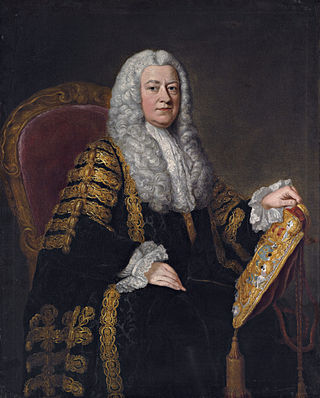
Philip Yorke, 1st Earl of Hardwicke, was an English lawyer and politician who served as Lord High Chancellor of Great Britain. He was a close confidant of the Duke of Newcastle, Prime Minister between 1754 and 1756 and 1757 until 1762.
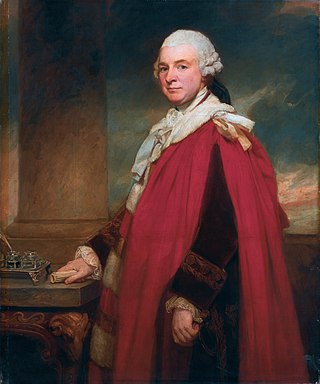
Philip Yorke, 2nd Earl of Hardwicke, PC, FRS, styled Viscount Royston between 1754 and 1764, was an English politician and writer.

Philip Yorke, 3rd Earl of Hardwicke, KG, PC, FRS, known as Philip Yorke until 1790, was a British politician.
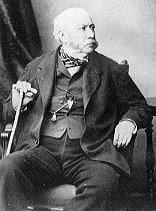
Admiral Charles Philip Yorke, 4th Earl of Hardwicke, PC was a British naval commander and Conservative politician.

Charles Yorke PC was briefly Lord High Chancellor of Great Britain. His father was also Lord Chancellor, and he began his career as a Member of Parliament. He served successively as Solicitor-General and Attorney-General for several governments, during which he was best known for writing what became the Quebec Act. He was appointed Lord Chancellor over his objections, but he committed suicide only three days after taking the post.
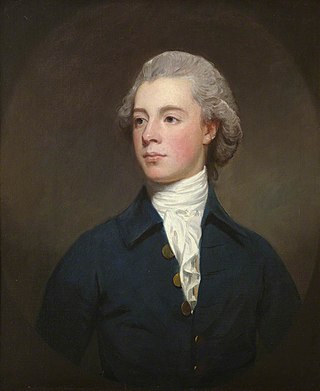
Charles Philip Yorke was a British politician. He notably served as Home Secretary from 1803 to 1804.

Earl of Hardwicke is a title in the Peerage of Great Britain. It was created in 1754 for Philip Yorke, 1st Baron Hardwicke, Lord High Chancellor of Great Britain from 1737 to 1756. He had already been created Baron Hardwicke, of Hardwicke in the County of Gloucestershire, in 1733, and was made Viscount Royston at the same time as he was given the earldom. These titles were also in the Peerage of Great Britain.
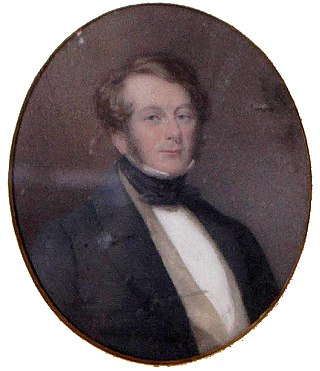
Edward Granville Eliot, 3rd Earl of St Germans was a British politician and diplomat.

John Romilly, 1st Baron Romilly PC, known as Sir John Romilly between 1848 and 1866, was an English Whig politician and judge. He served in Lord John Russell's first administration as Solicitor-General from 1848 to 1850 and as Attorney-General from 1850 and 1851. The latter year he was appointed Master of the Rolls, a post he held until 1873. Knighted in 1848, he was ennobled as Baron Romilly in 1866.

Charles Philip Yorke, 5th Earl of Hardwicke,, styled Viscount Royston until 1873, was a British aristocrat, Conservative politician, dandy and bankrupt.
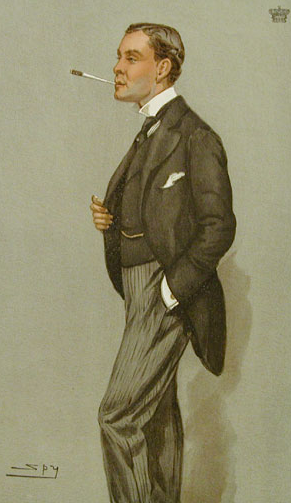
Albert Edward Philip Henry Yorke, 6th Earl of Hardwicke, DL, styled Viscount Royston between 1873 and 1897, was a British diplomat and Conservative politician.
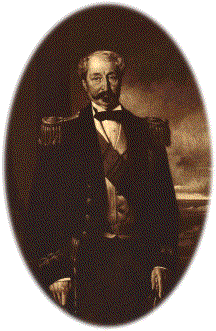
Thomas Egerton, 2nd Earl of Wilton, GCH, PC, known as Thomas Grosvenor until 1814, was a British nobleman and Tory politician. He served as Lord Steward of the Household in 1835 in Sir Robert Peel's first government.

Charles Robert Whorwood Adeane was a British army officer.

Henry Pepys was the Church of England Bishop of Sodor and Man in 1840–1841 and of Worcester in 1841–1860. He gave generously to the Three Choirs Festival, held in Worcester every third year. His daughter Emily gained fame as a child diarist.

Admiral Sir Joseph Sydney Yorke KCB was an officer of the Royal Navy. As a junior officer he saw action at the Battle of the Saintes in April 1782 during the American Revolutionary War. He commanded HMS Stag at the defeat of the Dutch fleet in August 1795 during the French Revolutionary Wars and went on to be First Naval Lord during the closing stages of the Napoleonic Wars.
The Hon. Captain Eliot Constantine Yorke DL MP, was a British politician and courtier.
Captain John Manners Yorke, 7th Earl of Hardwicke DL, JP, styled The Honourable John Yorke until 1904, was a British naval commander and peer.
Henry John Adeane DL was an English barrister and politician.
Henry Reginald Yorke was Archdeacon of Huntington from 22 March 1856 to 16 March 1870.
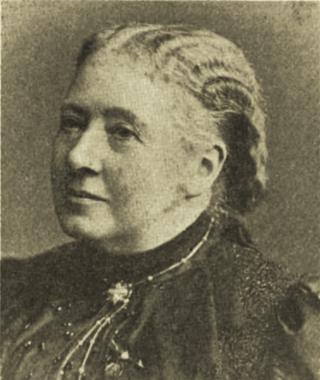
Elizabeth Philippa Biddulph, Baroness Biddulph was an English humanitarian and temperance leader. She published a biography of her father, Charles Yorke, 4th Earl of Hardwicke, and was appointed a Woman of the Bedchamber by Queen Victoria.
References
- ↑ "WISBECH, ISLE OF ELY, AND MARSHLAND agricultural society". Norwich Mercury. 27 March 1841. p. 1.
- ↑ "Yorke, Eliot Thomas (YRK823ET)". A Cambridge Alumni Database. University of Cambridge.
- ↑ "Cambridgeshire". The Ipswich Journal. 7 May 1885. p. 3.
- ↑ "Annual Report". Globe. 10 May 1872. p. 8.
- ↑ "Cambridge". Sun (London). 13 January 1835. p. 2.